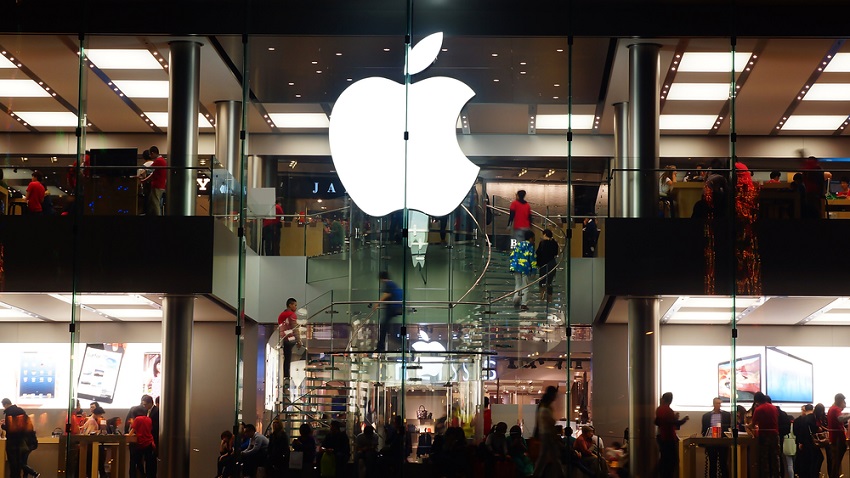With September fast approaching, we’re only a few short weeks away from Apple releasing iOS 11 to hundreds of millions of iPhone and iPad users. While most of iOS 11’s new and exciting features have already been made public, developers and iOS enthusiasts are still unearthing new features as they continue to play around with new iOS 11 betas.
To this point, Federico Viticci of MacStories recently discovered a small yet exciting design tweak to mobile Safari in iOS 11. As it turns out, when an iOS 11 user on a Google AMP page tries to copy and send a web link to another user, the actual URL will be sent as opposed to a URL with a bunch of AMP data strings in front. As it stands now, all AMP links begin with the following: https://wwww.google.com/amp.
Very nice: when sharing AMP pages to iMessage or Reading List, iOS 11 Safari automatically removes AMP’s crap from the URL. Go Apple 👍 pic.twitter.com/aHgSMcofUv
— Federico Viticci (@viticci) August 23, 2017
All in all, this is a welcome change that should enhance the overall user experience. While Google’s AMP pages are great insofar as they allow users to access content extremely quickly, receiving an AMP link can be frustrating because unsuspecting users can be clueless or confused as to where a sent link is bound to take them.
To be clear, Apple isn’t trying to stick it to Google with this move. On the contrary, Google asked Apple and other browser creators to implement the change. Speaking on the matter on a Hacker News thread, Malte Ubl of Google posted the following comment:
TL of AMP here. Just wanted to clarify that we specifically requested Apple (and other browser vendors) to do this. AMP’s policy states that platforms should share the canonical URL of an article whenever technically possible. This browser change makes it technically possible in Safari. We cannot wait for other vendors to implement.
It appears Safari implemented a special case. We’d prefer a more generic solution where browsers would share the canonical link by default, but this works for us.
It may be a rare occurrence, but this seems like a win-win for everyone involved.








